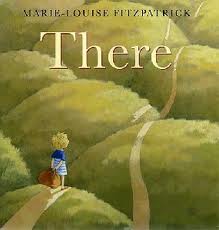


This dissertation traces the development of these projects and explores what they reveal about nineteenth and twentieth century settlement patterns and foodways on the Grand Ronde Reservation in northwestern Oregon. Combining cartographic, archival, archaeological, and community knowledge, these projects represent a Grand Ronde-specific form of historical inquiry, one that follows from community interests and strengthens the tribe’s efforts to implement self-determined heritage protection. This dissertation puts an archaeology of survivance into practice via two community-based projects developed with and by the Confederated Tribes of Grand Ronde. They also challenge archaeologists to shed their self-appointed role as narrators of Native histories and work collaboratively with tribal nations to bring the stories of their ancestors into the present.

In doing so, they address gaps in existing studies of European and US colonialism and position archaeological research as a counter to settler colonialism’s pursuit of Native absence. Archaeologies of survivance center Native presence in all aspects of archaeological knowledge production. This dissertation forwards an archaeological research framework grounded in Gerald Vizenor’s concept of survivance. Drawing upon Stuart Hall's and James Clifford's theories of identity and diaspora and Robert Young's distinction between the "organic" and the "diasporizing" modes of hybridity, it analyzes hybrid strategies through which these texts define their characters' complex diasporic experience and extend the literary tradition of "survivance." The paper argues that by exploring the concepts of history, community, and home and by emphasizing the narrative, imaginative, and relational aspects of their characters' traveling identities, Van Alst's and Orange's texts remain strongly rooted in Native cultural perspective, in particular the "synecdochic" sense of self and the literary trope of "homing." It also maintains that these characters' precarious diasporic situation, albeit confining, allows them the freedom to (re)imagine themselves and thereby transcend their unstable deterritorialized and transcultural position and the realities of dispersal and alienation by inventing new modes of self-coherence and cultural continuity. The article examines the representation of Native American urban identity in Theodore Van Alst's Sacred Smokes (2018) and Tommy Orange's There There (2018).


 0 kommentar(er)
0 kommentar(er)
